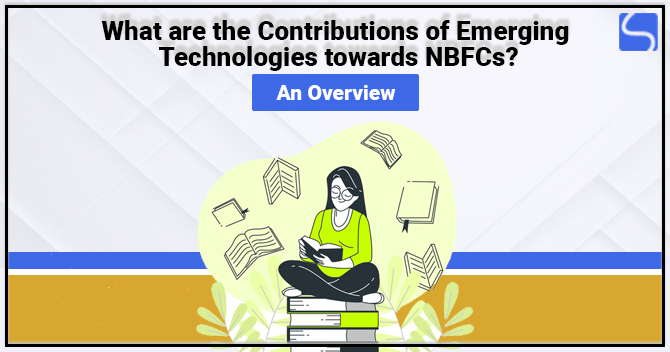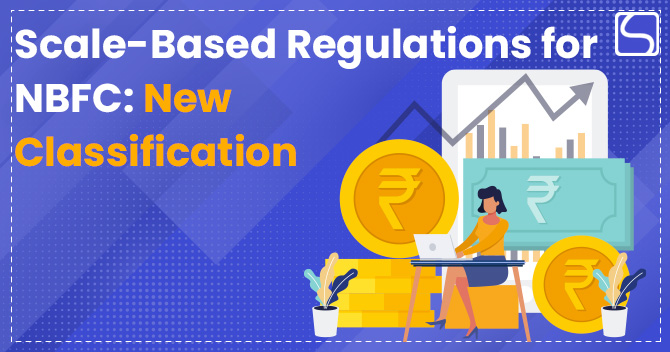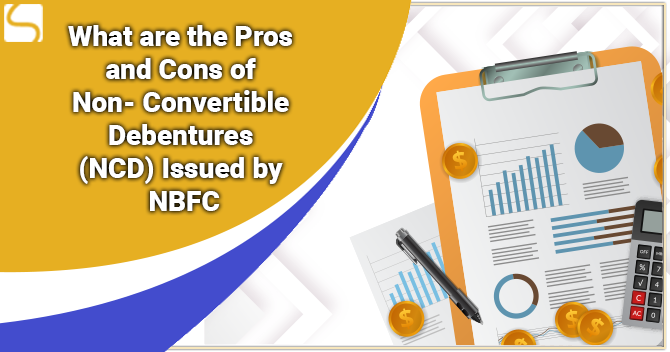An Overview of Ombudsman Scheme for NBFCs

Karan Singh | Updated: Jun 01, 2021 | Category: NBFC
On April 04, 2019, Ombudsman Scheme was introduced by the Reserve Bank of India to restrain the complexities regarding grievance redressal mechanism for particular services provided by the Non-Banking Financial Company. The Scheme mainly encompasses the Non-Banking Financial Companies, and it is released under Section 45L of the RBI Act, 1934. The Ombudsman Scheme for NBFCs is the top-level mechanism of resolving the consumer’s problems of Non-Banking Financial Companies (NBFCs). This blog will clear some facts concerning the Ombudsman Scheme for NBFCs.
Table of Contents
What is the Ombudsman Scheme for NBFCs?
It is a legal term that is mentioned to as public advocates which take charged to show the public interest by searching of mismanagement. The common duties performed by the Ombudsman consist of:
- Examination of grievances concerning the service provider;
- Delivers reasonable solutions to the complaints of the applicant through conciliations.
Currently, there are four Ombudsmen have been selected by the Reserve Bank of India (RBI), with their offices located in Kolkata, New Delhi, Chennai, and Mumbai.
The Ombudsman Scheme for NBFCs primarily covers the NBFCs having an asset size of one billion INR and reserves the right to accept deposits. Such companies are defined in Section 45-I (f) of the Reserve Bank of India Act, 1934.
Ground for Complaints (Ombudsman Scheme for NBFCs)
Below are the lists of complaints that a complainant can speak to the Ombudsman concerning the mismanagement of Non-Banking Financial Company.
- Non-adherence to directions given by the Reserve Bank of India[1], if any, applicable to the interest rate on deposits;
- Failure to provide a sanction letter or ample notice in the language understood by the borrower;
- Unusual delay or Non-payment concerning the payment of interest on deposits;
- Failure to provide the writ statement concerning the loan sanctioned in addition to Terms and Conditions concerning annualized interest rate & application method thereof;
- Unusual delay or failure in providing the documents or securities to the borrower in repayment of total dues;
- Enlisting of charges without stating the clients through writ notification;
- Non-Fulfilment of directives issued by the Reserve Bank of Indian to the Non-Banking Financial Companies;
- Non-adherence to guidelines provided by the RBI to the NBFCs;
- Breakdown to pass on transparency in the loan agreement concerning:
- Notice period before the acquisition of security.
- Cases that aid to relinquish the notice period.
- Provisions for providing repossession to the borrower.
- The procedure regarding the security sale.
- The way for acquisition of the security.
- Unusual delay or non-presentation concerning the post-dated cheques provided by the client.
- Unusual delays or non-repayment concerning the deposits repayment.
The Ombudsman may tackle such other matters as delivered by the Reserve Bank of India from time to time. Upon receiving the grievances, the Ombudsman strives to encourage the resolution of the argument through mediation via an agreement between proposed parties. Suppose the complainant accepted the term of settlement provided by the Non-Banking Financial Company as an overall. In that case, the Ombudsman will issue an order pursuant to the settlement term, which becomes compulsory for the complainant and Non-Banking Financial Company.
If the Non-Banking Financial Company is found to obey present norms and communicate the same to the complainant through suitable means and the complainant register no problems concerning the matter, then the Ombudsman will pass the order concerning the closure of the complainant the complaints.
What are the Grounds for the Refusal of the Grievances at any Stage?
According to Section 13 of the Ombudsman Scheme for NBFCs may refuse complaints on the following grounds;
- The grievance made is not in the as stated in a complaint referred to in clause 8 of the Scheme;
- The complaint was made on fake grounds;
- The complaint made needs consideration of widespread documents and vocal proof and the proceeding;
- In the viewpoint of NBFC Ombudsman, no damage or inconvenience caused to the complaint;
- The compensation challenged by the complainant is beyond the scope of the financial limit described under the Ombudsman Scheme for NBFCs;
- The complaint made doesn’t have any connection with the complainant, with reasonable diligence required to be conducted.
Grounds for the Non-acceptance of Grievance
Ombudsman Scheme for NBFCs may not accept the grievance under the following conditions:
- If the grievance is lodged against the Non-Banking Financial Company which is not coming under the Ombudsman Scheme;
- If the grievance has already been resolved at the customer court or court law;
- If the grievance lodged is not in the pursuant to grievance available under Clause 8 of the Scheme;
- If the grievance fails to respond to Ombudsman within 1 year and 1 month from the date of registering the grievance to the Non-Banking Financial Company;
- If the grievance seems to be outward or doesn’t hold any noteworthy value;
- If there is a remarkable delay in lodging the grievance with respect to the receipt date of response from the Non-Banking Financial Company;
- If the grievance has already been addressed through the NBFC Ombudsman office;
- If the grievance is not communicated with the Non-Banking Financial Company against which the argument was aroused.
Conclusion
The complainant can file a written grievance or complaint with the NBFC Ombudsman Scheme and send it to their proposed office through the post, fax, or hand delivery. One can also use email to serve a similar objective. To pull out the filling process, the Reserve Bank of India has uploaded a grievance form on its official website; through it is not mandatory to use this format. Feel free to connect with an expert in case if you require some assistance on NBFC Registration or Ombudsman Scheme for NBFCs.
Read our article:Fintech Startups Striving to Get NBFC License Despite Numerous Challenges















